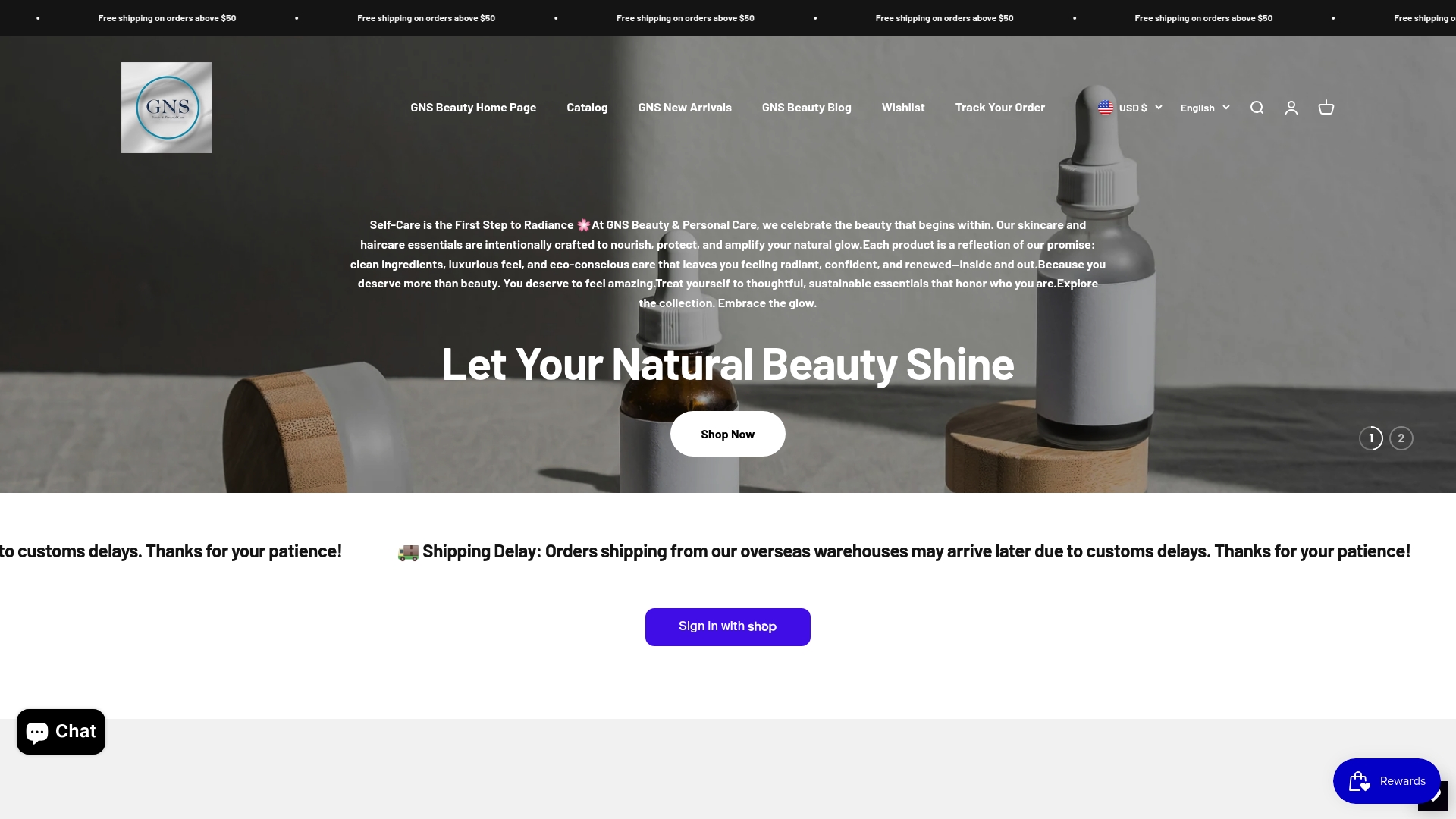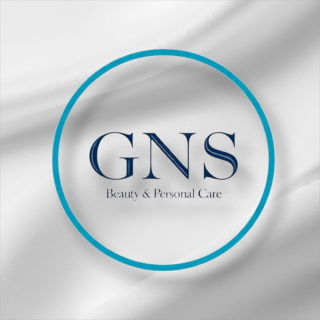More than half of skincare shoppers believe that a natural label guarantees safer, more effective products, yet this is not always true. As the demand for plant-based routines grows, it is easy to get lost in myths and marketing claims. Knowing what really sets natural skincare apart helps you avoid surprises, allergic reactions, and disappointment. If you want healthier skin and honest advice, understanding these facts will guide your choices and protect your skin’s well-being.
Table of Contents
- Defining Natural Skincare and Common Myths
- Key Ingredients and Their Skin Benefits
- Popular Types of Natural Skincare Products
- Risks, Allergies, and Regulatory Considerations
- Comparing Natural Versus Conventional Skincare
Key Takeaways
| Point | Details |
|---|---|
| Natural Skincare Defined | It focuses on using plant-based, minimally processed ingredients for skin health, but is not inherently safer than synthetic products. |
| Common Myths | Not all natural ingredients are safe or effective; consumers must understand the nuances for informed choices. |
| Ingredient Benefits | Key natural ingredients provide significant therapeutic effects, including anti-inflammatory and antioxidant properties. |
| Safety Considerations | Natural products can cause allergic reactions; proper testing and regulation are crucial for consumer safety. |
Defining Natural Skincare and Common Myths
Natural skincare represents more than just a trendy wellness approach - it’s a holistic philosophy focused on using plant-based, minimally processed ingredients that nurture your skin’s health. According to rroij, natural skincare emphasizes ingredients sourced directly from botanical elements, prioritizing pure and unrefined components that support skin wellness.
Contrary to popular belief, natural skincare doesn’t automatically mean safer or more effective. As research from frontiersin suggests, while natural products offer tremendous therapeutic potential, they require the same rigorous testing and evaluation as synthetic alternatives. Not all natural ingredients are universally beneficial, and some can even trigger allergic reactions or skin sensitivities.
Key myths about natural skincare include:
- All natural ingredients are completely safe
- Natural products work faster than synthetic formulations
- Organic automatically means better quality
- Natural skincare is suitable for every skin type
Understanding these nuances helps consumers make informed choices. By learning about ethical skincare ingredients, you can develop a skincare routine that truly supports your skin’s unique needs while maintaining a commitment to sustainable, mindful personal care practices.
Key Ingredients and Their Skin Benefits
Natural skincare ingredients offer a powerful arsenal of therapeutic compounds that can transform your skin health. According to academic, key cosmeceuticals like allantoin and urea provide remarkable benefits, including enhanced moisturization and anti-inflammatory properties that support skin barrier function.
Research from mdpi reveals a fascinating range of natural extracts with profound skin benefits. These ingredients go far beyond simple hydration, offering comprehensive wellness through antioxidants, probiotics, and plant-based peptides that contribute to:
- Antimicrobial protection
- Anti-aging effects
- Photoprotective capabilities
- Enhanced cellular regeneration
Natural skincare ingredients can be categorized into several powerful groups. Antioxidant-rich botanicals like green tea, chamomile, and rosehip oil neutralize free radicals, while hydrating compounds such as hyaluronic acid and aloe vera provide deep moisture. By exploring ingredients for clear skin, you can craft a personalized skincare routine that addresses your unique dermatological needs while embracing the healing power of nature.
Popular Types of Natural Skincare Products
Natural skincare offers a diverse range of products designed to nourish and protect your skin using botanical ingredients. According to journal, these products span multiple categories including cleansers, toners, moisturizers, and sun protectors, each crafted to support natural skin health and achieve a radiant complexion.
Research from pubmed highlights the versatility of natural ingredients in treating specific skin conditions. These specialized products can address concerns like:
- Psoriasis management
- Atopic dermatitis relief
- Sensitive skin protection
- Hydration and barrier repair
The world of natural skincare products is expansive and nuanced. Cleansing products might incorporate ingredients like green tea or chamomile, while moisturizers often feature hydrating compounds such as aloe vera and jojoba oil. By exploring organic moisturizers for glowing skin, you can discover targeted solutions that align with your unique skin needs, embracing a holistic approach to personal care that prioritizes both effectiveness and natural wellness.
Risks, Allergies, and Regulatory Considerations
While natural skincare products promise numerous benefits, they are not without potential risks. According to frontiersin, natural ingredients can trigger unexpected allergic reactions and sensitivities, challenging the misconception that botanical components are inherently safe for all users.
Research from mdpi underscores the critical importance of regulatory oversight in natural skincare product development. Standardized testing is essential to mitigate potential risks, ensuring that products meet stringent safety standards. Key considerations include:
- Comprehensive ingredient screening
- Potential cross-reactivity testing
- Allergen identification protocols
- Rigorous safety assessment frameworks
Navigating the complex landscape of natural skincare requires informed decision-making. Allergic reactions can manifest in various ways, from mild skin irritation to more severe inflammatory responses.
 Understanding natural skincare benefits helps consumers approach product selection with caution, emphasizing the importance of patch testing, consulting dermatologists, and carefully reviewing ingredient lists to minimize potential adverse reactions.
Understanding natural skincare benefits helps consumers approach product selection with caution, emphasizing the importance of patch testing, consulting dermatologists, and carefully reviewing ingredient lists to minimize potential adverse reactions.
Comparing Natural Versus Conventional Skincare
The landscape of skincare is increasingly complex, with natural and conventional approaches offering distinct strategies for skin health. According to frontiersin, the comparison between natural and synthetic skincare is nuanced, revealing that each approach has unique advantages and potential limitations in treating skin concerns.
Research from mdpi highlights critical differences between natural and conventional skincare products. Key comparative aspects include:
- Ingredient sourcing and sustainability
- Potential for skin sensitivity
- Environmental impact
- Long-term effectiveness
- Preservation and shelf-life characteristics
Conventional skincare often relies on scientifically synthesized ingredients with predictable performance, while natural skincare emphasizes botanical components and holistic wellness. Synthetic products typically offer more consistent results and longer shelf-life, whereas natural alternatives prioritize minimal processing and eco-friendly principles. Understanding holistic skincare approaches can help consumers make informed choices that align with their personal health and environmental values, recognizing that the most effective skincare routine is one tailored to individual skin needs and personal wellness goals.
Here’s a comparison of the main differences between natural and conventional skincare:
| Aspect | Natural Skincare | Conventional Skincare |
|---|---|---|
| Main Ingredients | Plant-based Botanical extracts |
Synthetic compounds Chemically derived |
| Processing Level | Minimally processed | Highly processed |
| Safety & Allergies | May cause sensitivities Allergen risk varies |
Usually well-tested Predictable outcomes |
| Environmental Impact | Eco-friendly focus Biodegradable |
Resource intensive May include microplastics |
| Shelf Life | Shorter Fewer preservatives |
Longer Stabilized formulas |
| Effectiveness | Varies by ingredient Holistic benefits |
Consistent results Targeted action |
Unlock Radiant Skin with Natural Care You Can Trust
Choosing the right natural skincare products can feel overwhelming with so many myths and risks surrounding them. This article highlights the challenges of finding safe, effective, and eco-friendly ingredients while avoiding allergy triggers and harsh chemicals. If your goal is to embrace a truly holistic skincare routine that respects your unique skin needs and the environment, understanding these nuances is the first step.
Discover how to confidently build your daily regimen by exploring our curated collection at GNS Beauty & Personal Care designed to promote natural beauty and wellness.

Ready to experience the benefits of thoughtfully crafted, plant-based ingredients that nourish your skin without compromise? Visit GNS Beauty & Personal Care to explore premium, eco-conscious beauty solutions. Take action now and start a skincare journey that supports radiant, healthy skin every day.
Frequently Asked Questions
What is natural skincare?
Natural skincare is a holistic approach that emphasizes the use of plant-based, minimally processed ingredients to nurture skin health. It focuses on ingredients sourced directly from botanical elements, prioritizing pure and unrefined components.
Are natural skincare products safer than synthetic ones?
Not necessarily. While many natural products offer therapeutic benefits, they can still cause allergic reactions or skin sensitivities. Both natural and synthetic products require rigorous testing for safety and efficacy.
How should I choose natural skincare products for my skin type?
Choosing natural skincare products involves understanding your unique skin type and concerns. Consider ingredients that address your specific needs, such as hydrating compounds for dry skin or soothing botanicals for sensitive skin, and always patch test new products.
What are the main differences between natural and conventional skincare?
Natural skincare relies on plant-based and botanical extracts with minimal processing, while conventional skincare often uses synthetic compounds that are highly processed. Each has its own advantages regarding effectiveness, safety, and environmental impact.

Recommended
- 7 Essential Types of Skincare Routines for Every Lifestyle
- Natural Skincare Benefits for Radiant, Eco-Friendly Beauty
- 7 Best Organic Moisturizers for Glowing Skin Naturally
- Fall Skincare Essentials: Hydration & Renewal
- Hair and Skin Care: Expert Tips for Stronger Growth 2025 | MyHair
- Naturkosmetik Definition: Was ist das und warum ist es wichtig? – Kühlkern UG (Haftungsbeschränkt)








Hinterlasse einen Kommentar
Alle Kommentare werden vor der Veröffentlichung geprüft.
Diese Website ist durch hCaptcha geschützt und es gelten die allgemeinen Geschäftsbedingungen und Datenschutzbestimmungen von hCaptcha.